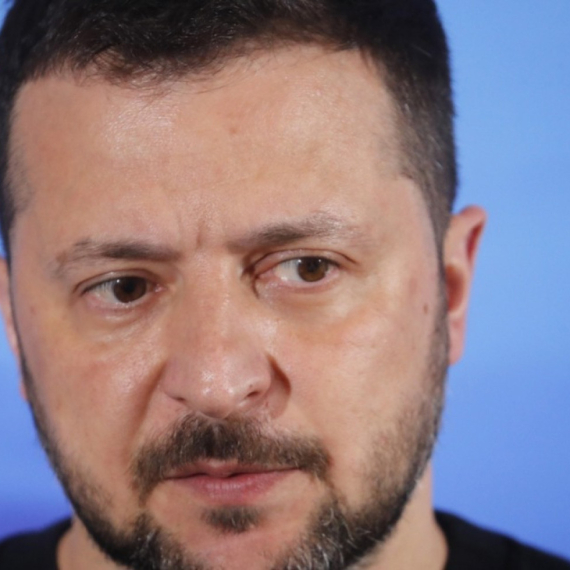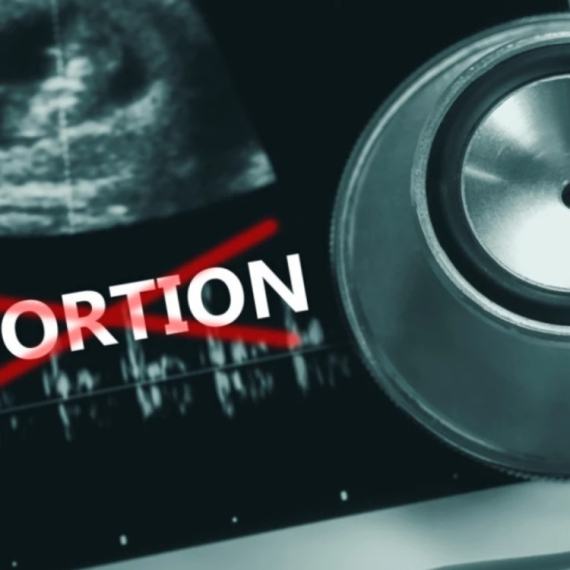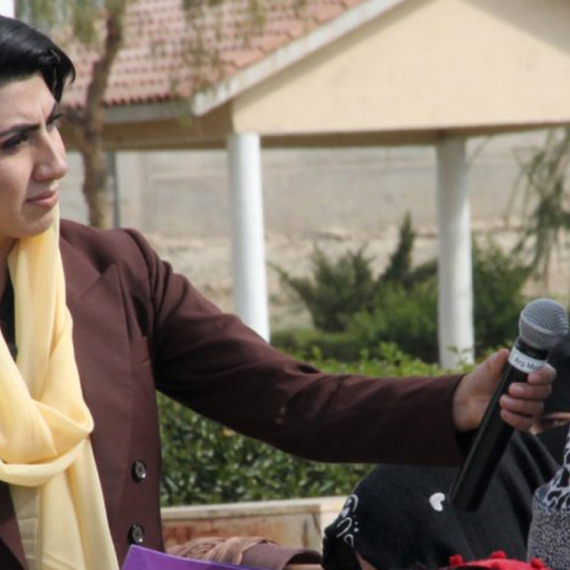Agreement on medium-term fiscal policy
The Serbian government and the International Monetary Fund (IMF) met in Belgrade on Tuesday once again.
Tuesday, 03.11.2009.
19:43

The Serbian government and the International Monetary Fund (IMF) met in Belgrade on Tuesday once again. Reports from the meeting said that the sides reached an agreement on a sustainable medium-term economic and fiscal policy for Serbia. Agreement on medium-term fiscal policy An agreement for Serbia's 2009 and 2010 budgets was reached earlier, with the final negotiations serving to define how the pension and disability system in Serbia will be reformed. Those negotiations were conducted by Serbia's Deputy Prime Minister Jovan Krkobabic. The disputed issues concerned mostly the indexation of pensions and their harmonization with the inflation and salaries in Serbia. The official negotiations between Serbia and the IMF on the second and third reviews to a USD 2.9bn stand-by arrangement Serbia has with the IMF started October 26 and should last until November 4. So far, Serbia has withdrawn one EUR 788mn installment of that IMF loan, which was intended for the National Bank of Serbia foreign exchange reserves. A press conference is to be held on Wednesday, where IMF and Serbian government representatives will disclose the details of their agreement. Meanwhile, Serbia's Minister of Labor and Social Policy Rasim Ljajic said on Tuesday that Serbia was on route to reaching an agreement with the IMF, and that most of the negotiation topics from the previous days had been settled. Ljajic told the press at the Serbian parliament that the government policy had yielded good results, and that the government was trying everything to reduce public spending without increasing taxes or reducing pensions. Speaking about the pension system reform, Ljajic stressed that equalizing the default retirement age for men and women "is not being considered at all anymore". "We are trying to correct some irregularities we have in our current law, which would enable savings, but would not be at the expense of the retired citizens," Ljajic stated, adding that early retirements should be reviewed. "We could make significant savings in the Pension and Disability Fund, and in the Serbian budget in general, by setting some exact criteria," Ljajic remarked, pointing out that the pension system reform would start in 2010 and continue all the way to 2015, but that it had to be in stages, economically sustainable and socially responsible.
Agreement on medium-term fiscal policy
An agreement for Serbia's 2009 and 2010 budgets was reached earlier, with the final negotiations serving to define how the pension and disability system in Serbia will be reformed.Those negotiations were conducted by Serbia's Deputy Prime Minister Jovan Krkobabić.
The disputed issues concerned mostly the indexation of pensions and their harmonization with the inflation and salaries in Serbia.
The official negotiations between Serbia and the IMF on the second and third reviews to a USD 2.9bn stand-by arrangement Serbia has with the IMF started October 26 and should last until November 4.
So far, Serbia has withdrawn one EUR 788mn installment of that IMF loan, which was intended for the National Bank of Serbia foreign exchange reserves.
A press conference is to be held on Wednesday, where IMF and Serbian government representatives will disclose the details of their agreement.
Meanwhile, Serbia's Minister of Labor and Social Policy Rasim Ljajić said on Tuesday that Serbia was on route to reaching an agreement with the IMF, and that most of the negotiation topics from the previous days had been settled.
Ljajić told the press at the Serbian parliament that the government policy had yielded good results, and that the government was trying everything to reduce public spending without increasing taxes or reducing pensions.
Speaking about the pension system reform, Ljajić stressed that equalizing the default retirement age for men and women "is not being considered at all anymore".
"We are trying to correct some irregularities we have in our current law, which would enable savings, but would not be at the expense of the retired citizens," Ljajić stated, adding that early retirements should be reviewed.
"We could make significant savings in the Pension and Disability Fund, and in the Serbian budget in general, by setting some exact criteria," Ljajić remarked, pointing out that the pension system reform would start in 2010 and continue all the way to 2015, but that it had to be in stages, economically sustainable and socially responsible.


























































Komentari 0